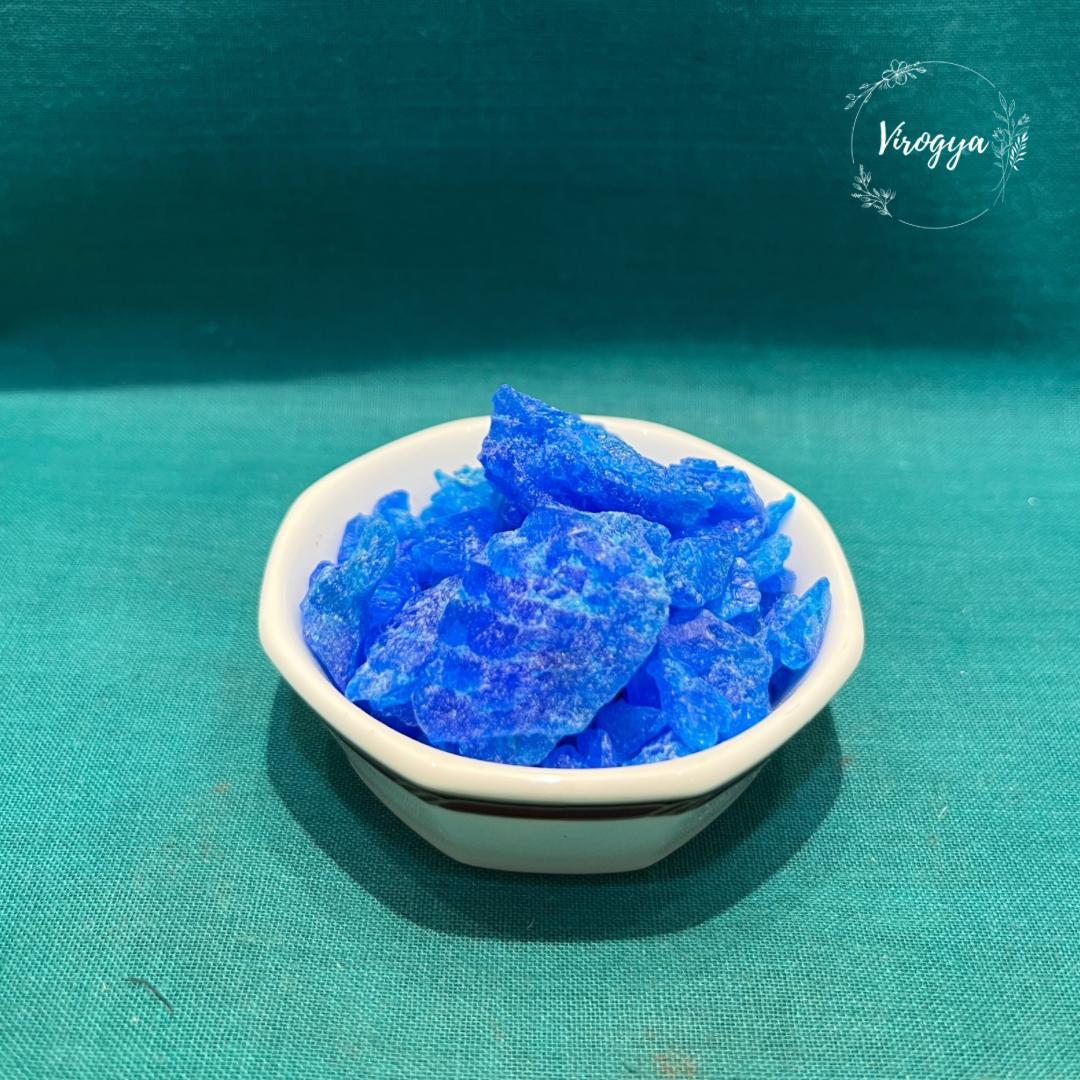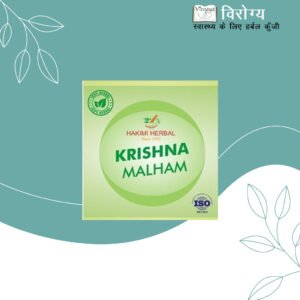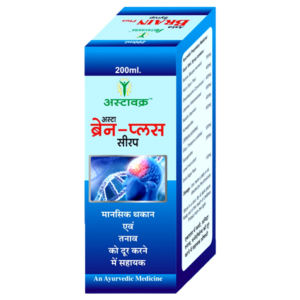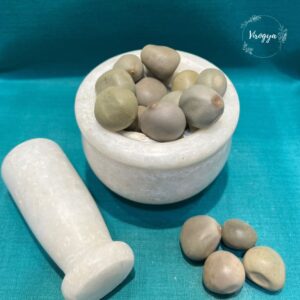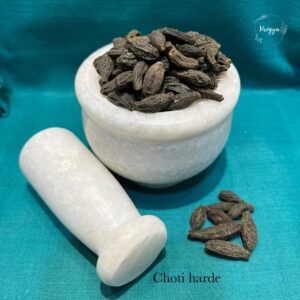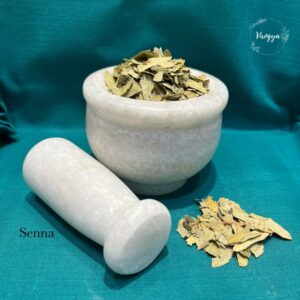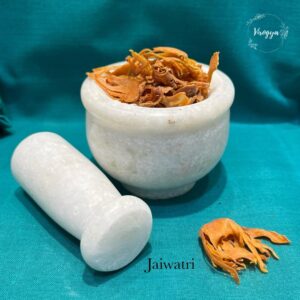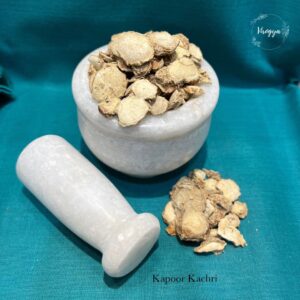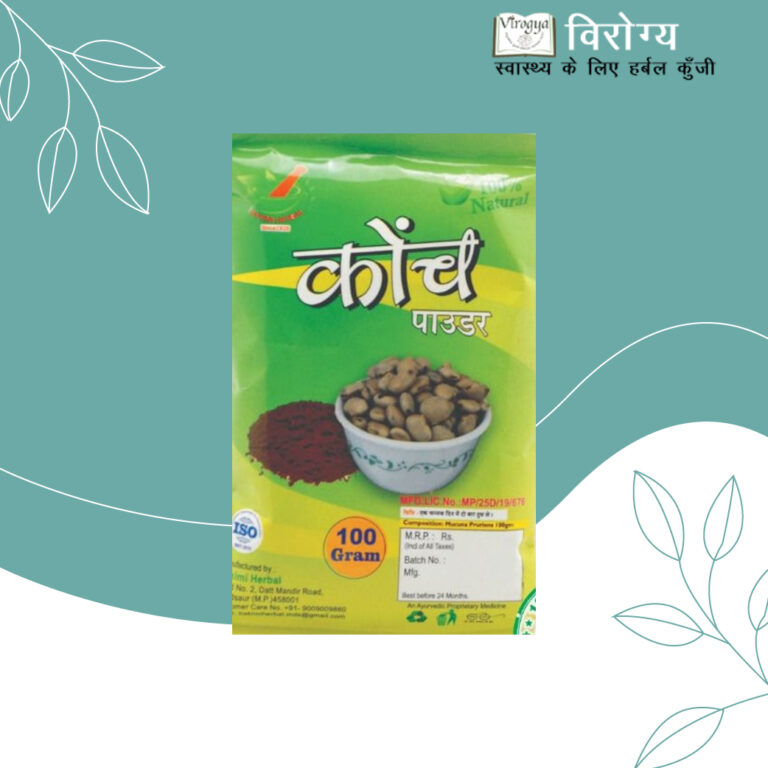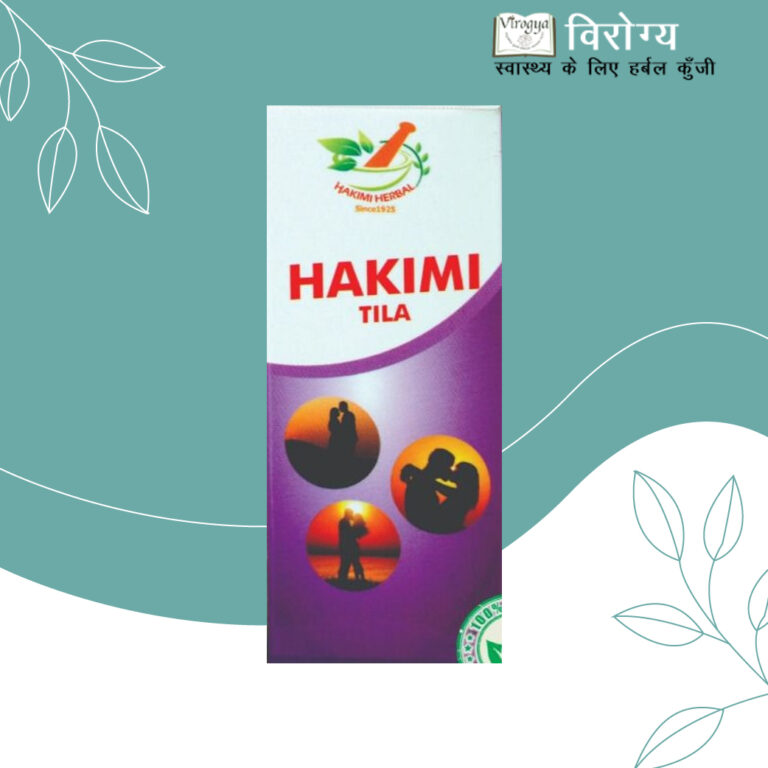Description
Copper sulfate (also spelled sulphate) is an inorganic compound composed of copper (Cu), sulfur (S), and oxygen (O). It is commonly found as a blue crystalline solid known as copper(II) sulfate pentahydrate (CuSO₄·5H₂O).
Agricultural Benefits
Fungicide & Pesticide – Used to prevent fungal diseases in crops such as grapes, melons, and potatoes.
Algae Control – Helps prevent algae growth in ponds, reservoirs, and irrigation systems.
Fertilizer Additive – Provides essential copper nutrients for plant growth, preventing copper deficiency in soil.
Health & Medicinal Benefits
Copper is an Essential Nutrient – The human body requires copper for red blood cell formation, brain health, and immune function.
Used in Antiseptic Solutions – Small amounts of copper sulfate are used in wound disinfectants.
Laboratory & Medical Research – Used as a reagent in chemistry and medical research.
Precautions & Safety
- Toxic if ingested: Can cause severe irritation, nausea, and poisoning.
- Harmful to aquatic life: Overuse in water bodies can be dangerous for fish and plants.
- Can cause skin and eye irritation: Always handle with protective gloves and eyewear.
Conclusion
Copper sulfate is a versatile and widely used chemical compound with applications in agriculture, industry, medicine, and water treatment. However, it must be handled with caution due to its toxic nature and potential environmental impact. Proper usage and safety measures ensure that it remains beneficial while minimizing risks.


